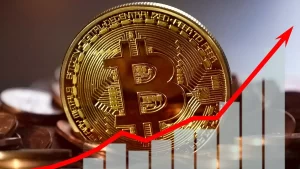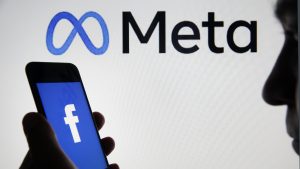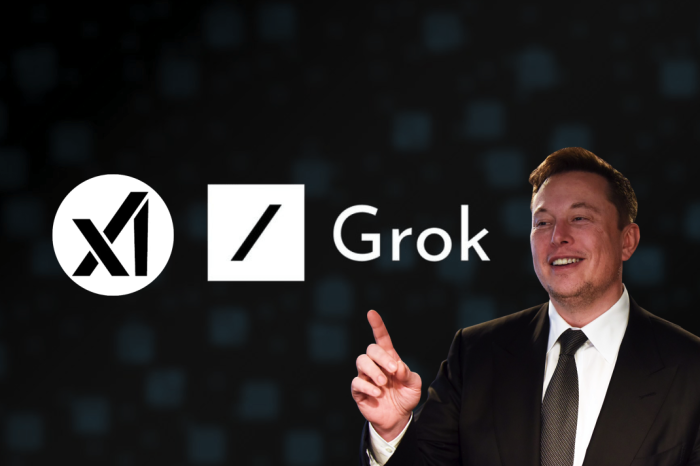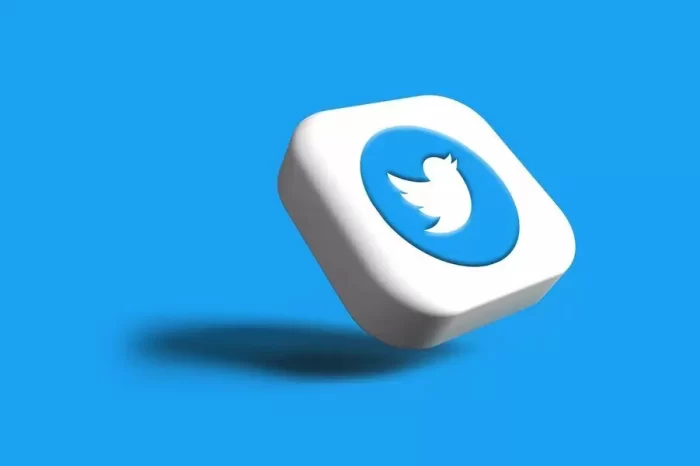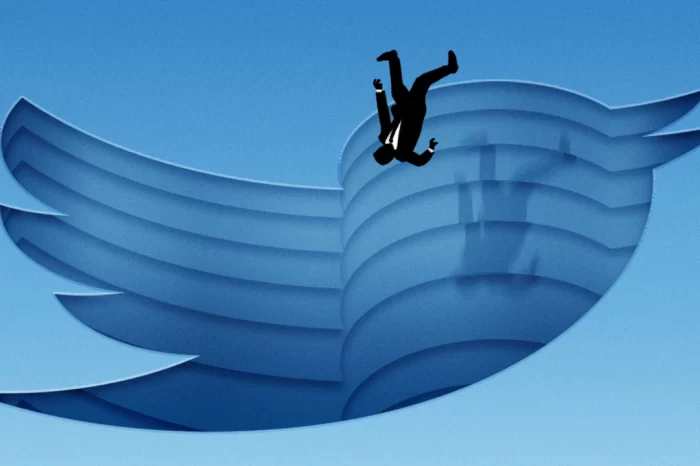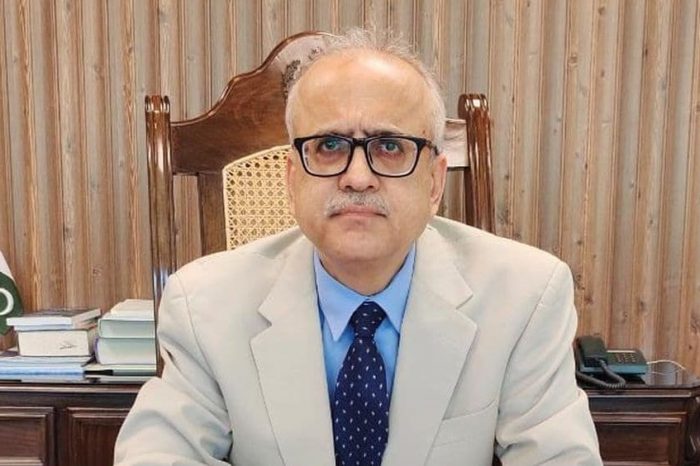More than 23% of Elon Musk’s Twitter Followers are Spam or Fake Accounts

Elon Musk, a well-known internet tycoon, just purchased the social media giant Twitter. With 93 million followers, he has a sizable following on the platform. However, according to a recent audit, about a quarter of those followers (23.42 percent) are false or spam accounts.
The audit was carried out by the companies SparkToro and Followerwonk. They claimed that their interpretations of the terms “spam” and “fake” may differ from Twitter’s. According to the company, an algorithm that ran 35,000 fake Twitter accounts bought by SparkToro identified 50,000 accounts as non-spam using a system of 17 warning flags.
If a billionaire’s follower received multiple spam signals, they were labelled as low-quality or false. According to the analysis, 70.23 percent of Musk’s followers are inactive users who haven’t tweeted in 90 days. According to the survey, 73 percent of Musk’s Twitter followers had spam-related keywords on their profiles, and 71 percent used locations that didn’t match any region.
In addition, 41% of the accounts had display names that matched spam account patterns. A large percentage of the accounts (69%) have been dormant for more than 120 days. 83 percent of followers had “suspiciously few” followers, and 78 percent followed “an extraordinarily tiny number of accounts.” The teams analysed signs like the account’s age, the amount of tweets sent over time, and the use of Twitter’s default profile picture for a more in-depth investigation.
“Those that do not regularly have a human being personally composing the content of their tweets, consuming the activity on their timeline, or engaging in the Twitter ecosystem,” according to SparkToro. Those who do not have a human creating the content of their tweets, consuming the activity on their timeline, or participating in the Twitter ecosystem on a regular basis.
Because the fraudulent or spam accounts could be bots gathering news and tweeting images from throughout the world, the researchers decided that they were not generally harmful. Spam accounts were “guilty of peddling propaganda and disinformation, encouraging spam email or malware, manipulating stocks and cryptocurrencies, and harassing other users,” according to Business Insider.
The assessment comes after Musk announced last week that he would halt his $44 billion buyout of Twitter unless the company can prove that less than 5% of its followers are fake. In a tense exchange with Musk, Twitter CEO Prag Agarwal defended the company’s statistics, claiming that the company suspends half a million spam accounts every day.

